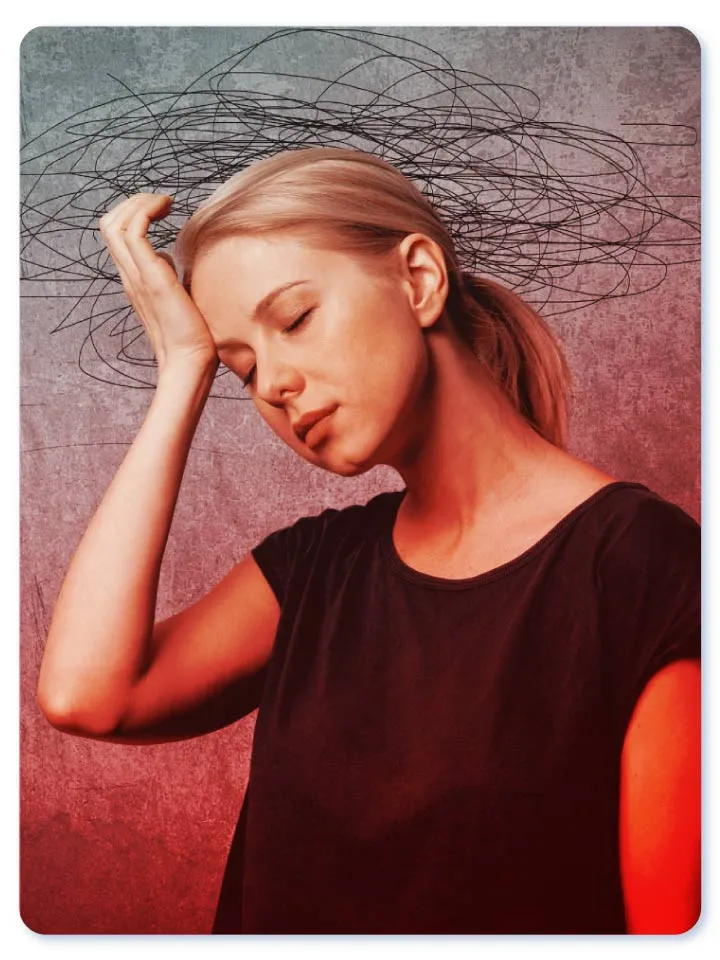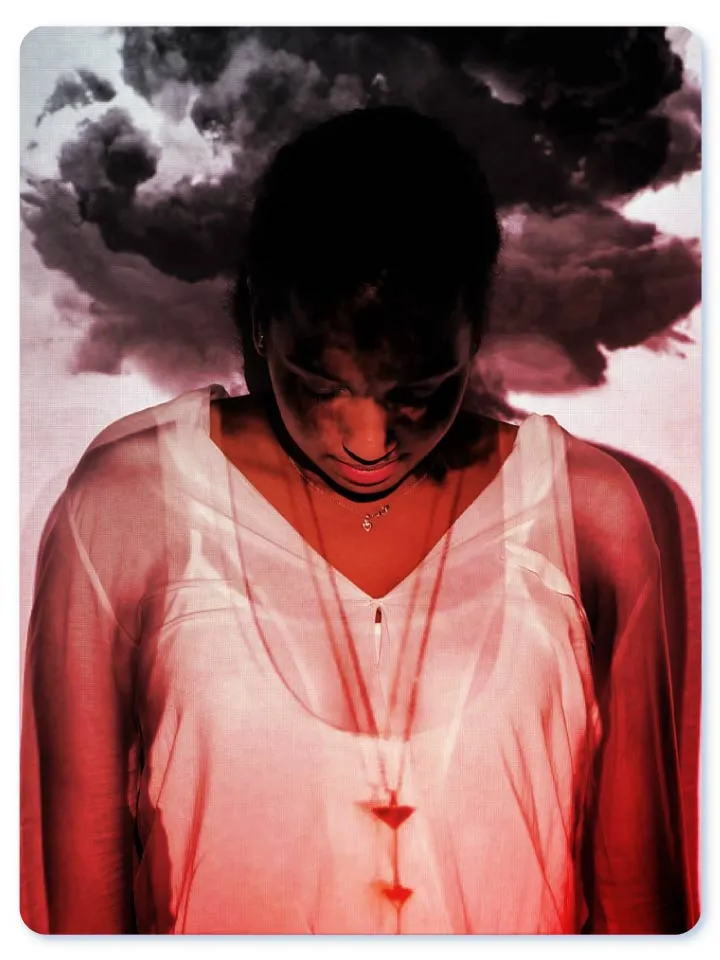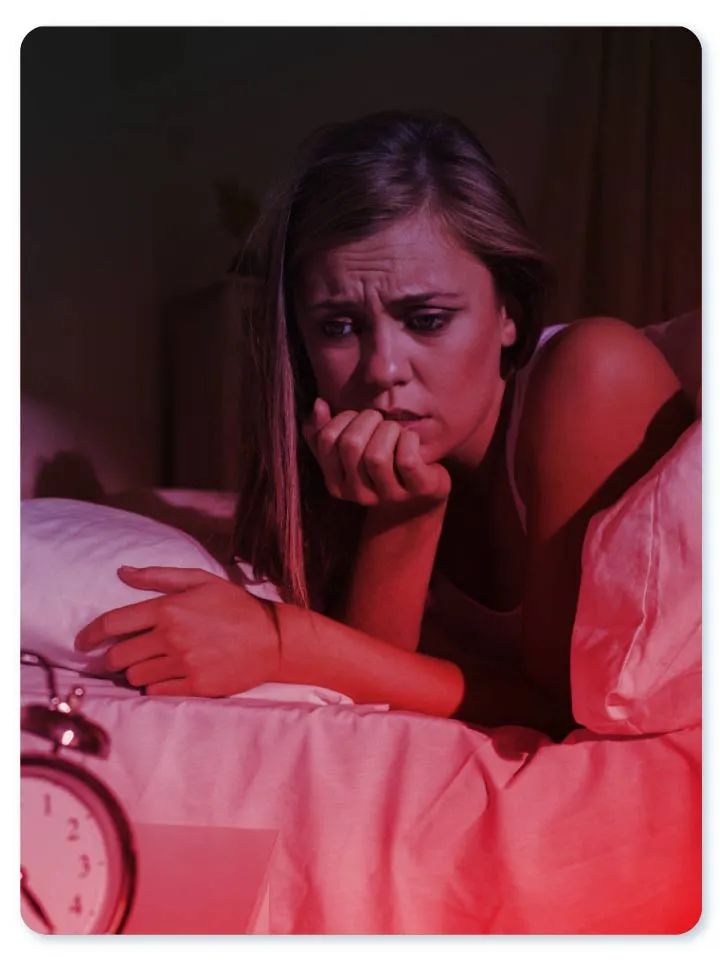Depression
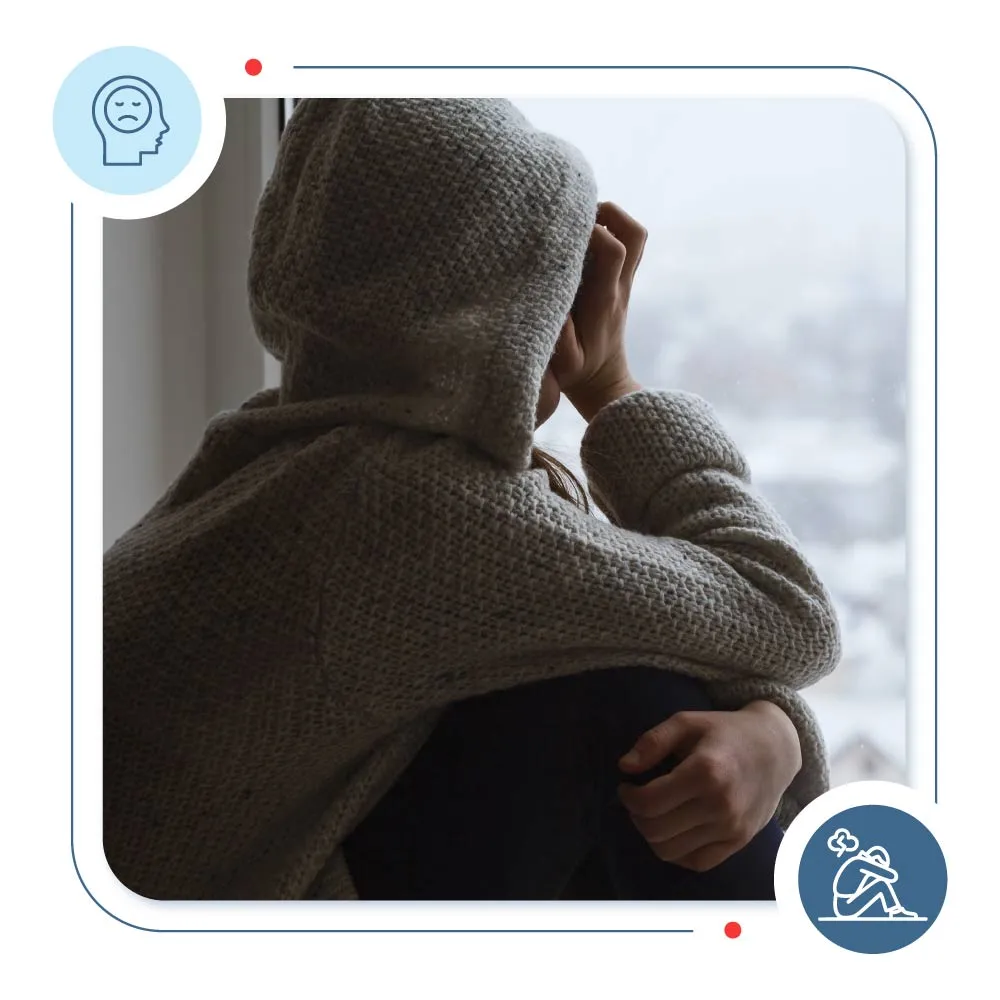
Depression
Depression is a mental health disorder that creates constant feelings of hopelessness and sadness. These adverse feelings disrupt your thinking and acting, impacting your normal habits and social life. Depression affects everyone – teens and adults alike.
Mid Cities Psychiatry dedicates itself to diagnosing and treating depression at its root.
Are you having any signs of depression? If yes, call us right away!

Symptoms of Depression
Depression symptoms can manifest in a variety of emotional, physical, and behavioral changes, impacting daily life and overall well-being.
- Persistent feelings of sadness or hopelessness
- Loss of interest or pleasure in activities once enjoyed
- Changes in appetite or weight (increase or decrease)
- Difficulty sleeping or excessive sleeping
- Fatigue or low energy levels
- Trouble concentrating or making decisions
- Feelings of guilt, worthlessness, or self-blame
- Thoughts of death or suicide
- Irritability or mood swings
- Physical aches or pains without a clear cause
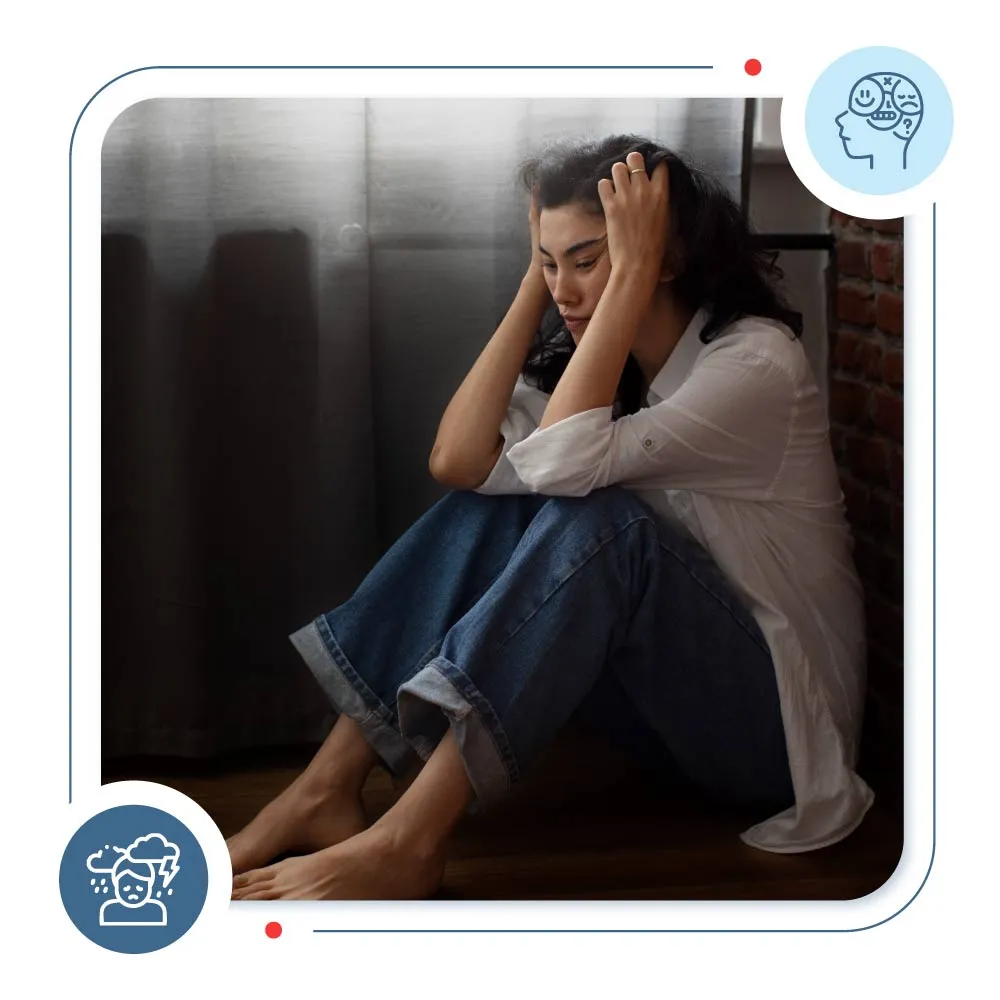

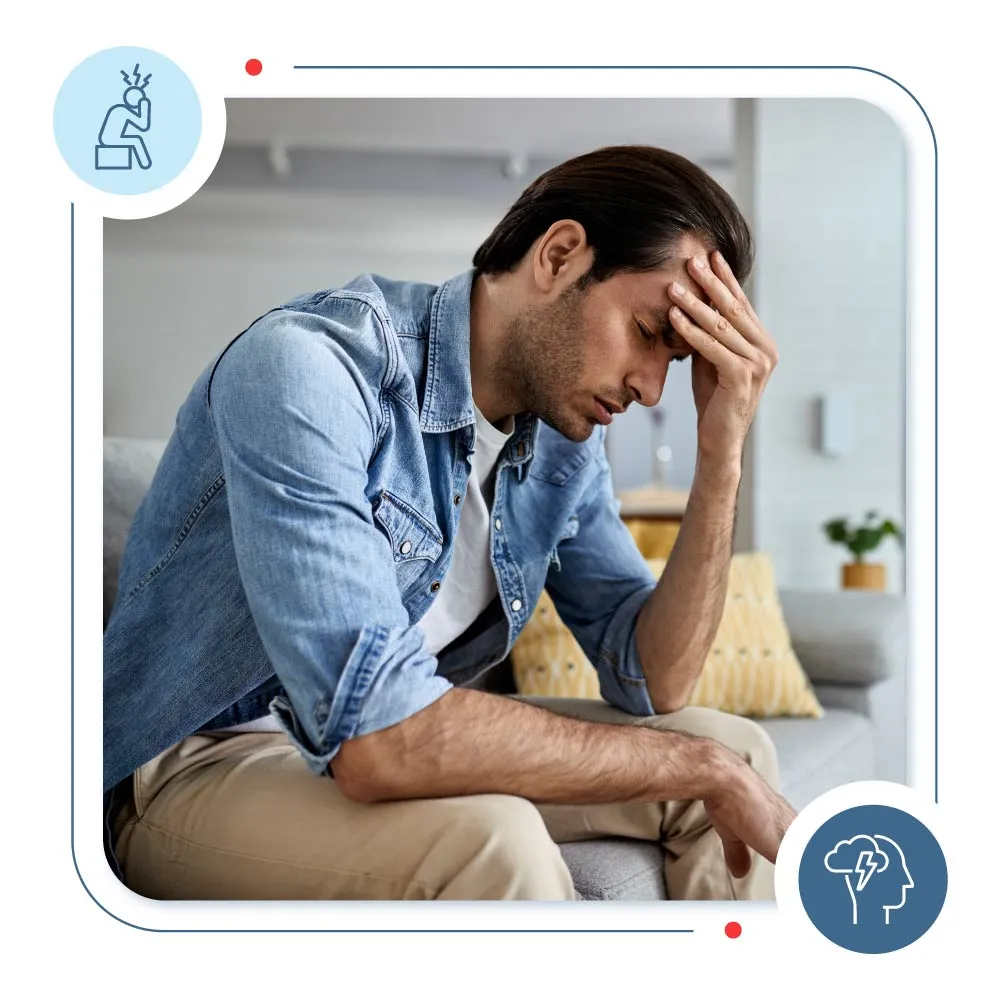
Causes of Depression
Depression can result from a combination of genetic, biological, psychological, and environmental factors, each contributing to its onset.
Genetic factors: A Family history of depression can increase risk.
Biological changes: Imbalances in brain chemicals like serotonin.
Traumatic events: Stress, abuse, or the loss of a loved one.
Chronic illness: Long-term health conditions can contribute.
Hormonal changes: Pregnancy, menopause, or thyroid issues.
Environmental factors: Isolation, unemployment, or financial struggles.
Psychological factors: Low self-esteem or unresolved emotional issues.

Depression Treatment
At Mid Cites Psychiatry, our team of highly qualified and well-trained mental health specialists offers the approved depression treatment and multiple therapeutic options to help you recover from depression forever.
We are dedicated to treating depressed patients with our personalized and individualized care. Our foremost priority is giving you the right diagnosis and treatment. We are focused on providing you with the right services – from psychiatric therapy to medication management.
To get to know everything about depression treatment or for your depression help near me, give us a call or schedule an appointment.
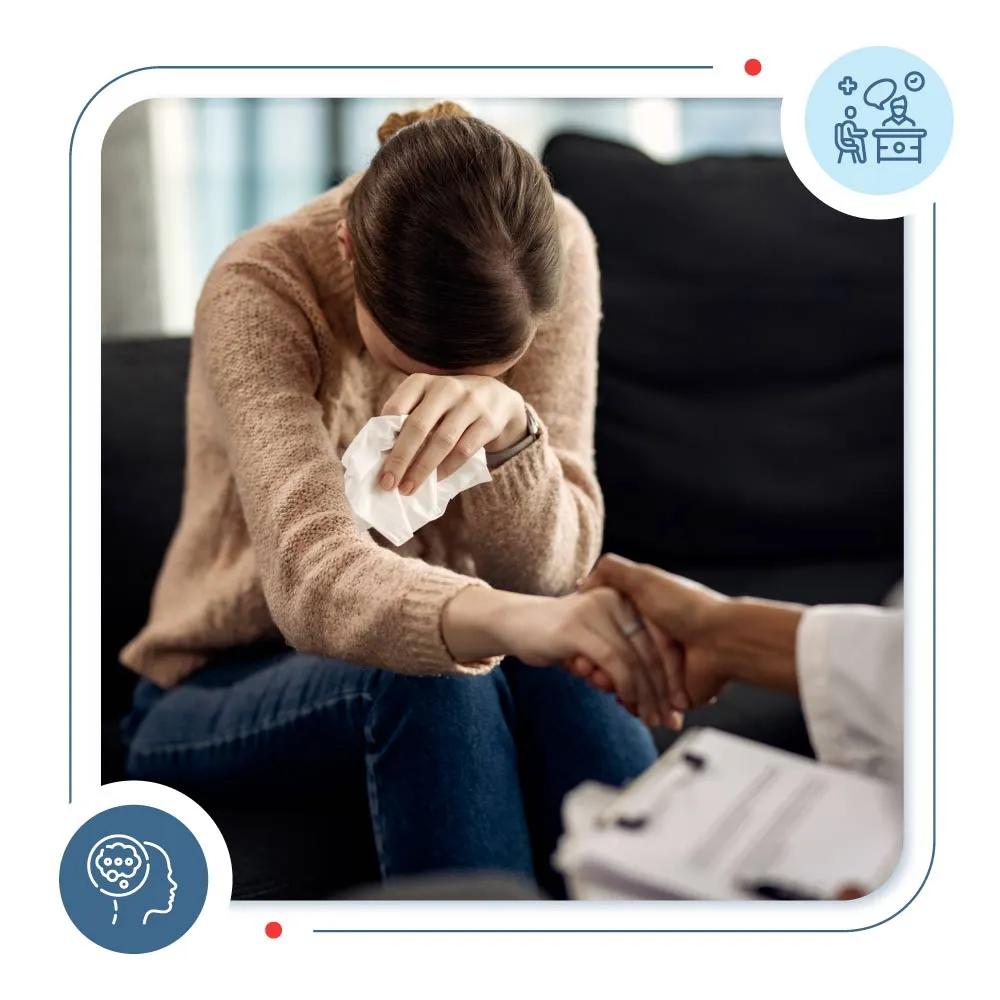

Types of Depression
Depression has several types. Our consultant can clarify which type of depression you have. The most common types of depression are mentioned below:
Melancholia or major depressive disorder (MDD)
When you feel overwhelmingly depressed, most of the time, for most days in a month. Symptoms of major depressive disorder (MDD) can be weight loss or gain, feeling overly guilty, trouble focusing, suicidal thoughts, eating more or less than usual, feeling restless or sleeping most of the time, and being tired.
Persistent Depressive Disorder
Depression that lasts longer than 2 years is called PDD. This type of depression falls under two situations known as chronic major depression and dysthymia, a type of low-level persistent depression in the DSM-5. Low self-esteem, feeling hopeless, fatigue, sleeping too much, and changes in your hunger are major persistent depression symptoms.
Bipolar Depression Disorder
When a person has frequent mood shifts or mood swings. People with bipolar depression experience periods of very high energy and a “happy” mood, followed by times of feeling low energy and a very sad mood. It is also referred to as Manic Disorder.
Disruptive Mood Dysregulation Disorder
A childhood depressive disorder in which adolescents between the ages of 6 and 18 years often face intense anger issues and consistent bad temper. Disruptive mood dysregulation depression symptoms can be highly severe, impacting both school and home life. Diagnosis and treatment for this type of depression are highly challenging and can take up to 12 months or more.
Seasonal Affective Disorder
Another major depressive disorder with seasonal patterns occurs when the season changes. Mostly during winter seasons, people feel depressed when the days become short and there is less sunlight. Seasonal affective disorder is often unreported and undiagnosed.
Psychotic Depression
When a person experiences major depression along with symptoms of psychotic depression symptoms, namely delusions (false beliefs), hallucinations (seeing or hearing things that don’t exist), and paranoia (wrongfully accepting that others are trying to hurt you).
Prenatal Depression
Consistently dealing with extreme sadness during pregnancy is called prenatal depression and occurs due to changes in hormone levels. Women who face this type of depression can have a history of mental illness, unexpected/unplanned pregnancy, expecting twins or triplets, carrying an unhealthy child, and struggling to get pregnant due to infertility issues. Common Prenatal depression symptoms are sadness, weight changes, irritability, anxiety, muscle aches, headaches, and nausea.
Postpartum Depression
Once a women give birth to a child, a strong feeling of anxiety and sadness takes place that lasts up to two weeks in duration. Irritability, mood swings, and tearfulness are common Postpartum depression symptoms. It is also called peripartum or postnatal depression.
Premenstrual Dysphoric Disorder
A severe type of premenstrual syndrome that has both behavioral and physical depression symptoms. Common depression symptoms of PMDD are extreme mood shifts, hopelessness, extreme sadness, anger or irritability, affecting your relationship, as well as bloating and breast tenderness.
Situational Depression
It occurs when there is an uncertain situation in someone’s life, such as losing a job, infidelity, or a traumatic injury. Situational trauma can cause temporary physical depression symptoms, like trouble concentrating. It is also called stress response syndrome,
Atypical Depression
Atypical depression occurs when a person experiences a short-term improvement in mood in reaction to positive events but also shares common depression symptoms of dysthymia or major depressive disorder. Other depression symptoms of atypical depression are hypersomnia, increased appetite, and rejection sensitivity. Atypical depression is curable with antidepressants and psychotherapy.
Treatment-Resistant Depression
Refers to a state of depression that does not improve after a person has tried standard treatments, such as antidepressant medications and psychotherapy. Treatment-resistant depression is often diagnosed when at least two different treatments, given at an adequate dose and duration, fail to provide significant relief.
Treatment of Depression
Effective management can lessen depression symptoms to a great extent. These are the types that we offer at Mid Cities Psychiatry:
- Psychotherapy
- Medication therapy
- Spravato (esketamine)
- TMS therapy
- Electroconvulsive therapy ECT
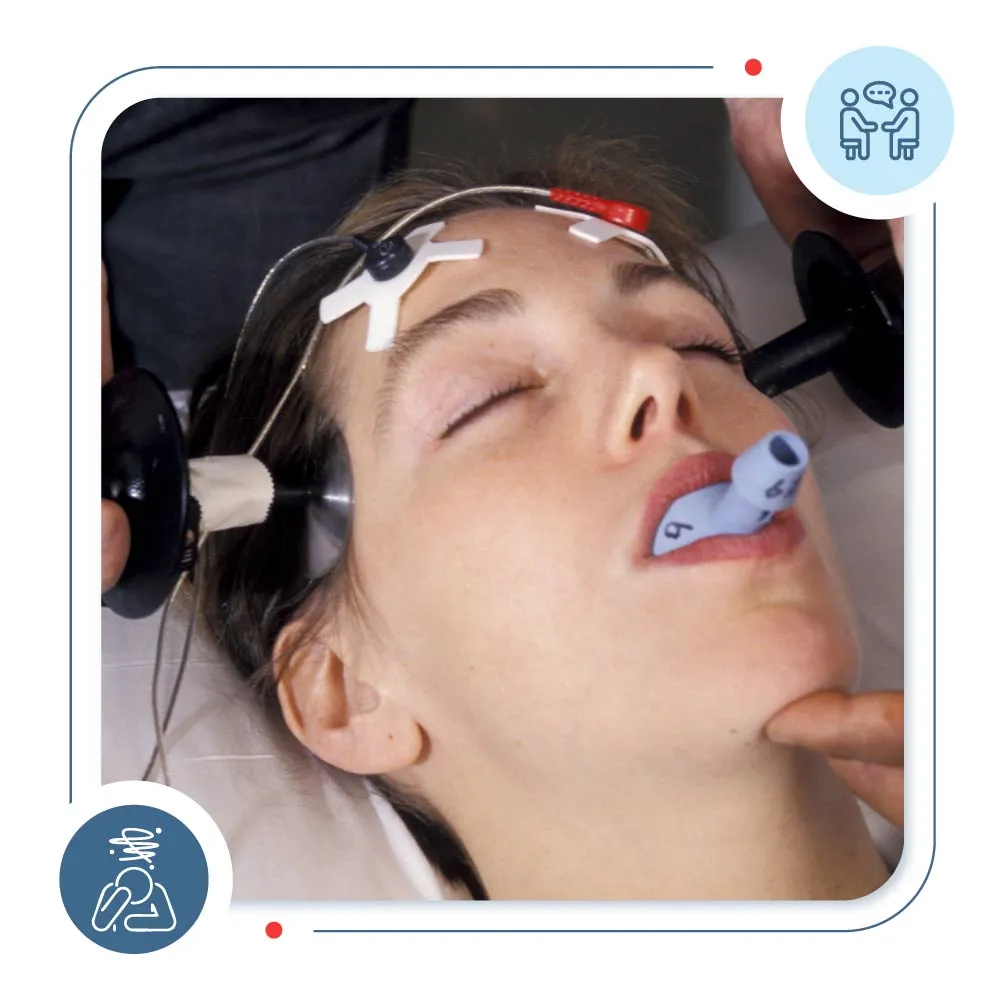

FAQs
01
What therapy is most effective in depression treatment?
Cognitive therapy for depression focuses on improving obstructive thoughts. Normally, adults get 8 to 28 sessions weekly of cognitive therapy. It is suggested to treat adults for depression.
02
What are the causes of depression?
The exact cause of depression is still undetermined, though numerous factors, including psychological, environmental, and biological factors, are involved in the occurrence of depression.
03
What are the currently approved treatments for depression?
At the initial stage, antidepressant medications such as SSRIs, along with psychotherapy (talk therapy), when used together, are best to treat depression. However, antidepressants work for some patients and sometimes can result in unwelcome side effects.
04
What are TMS, ECT, and VNS?
These are effective neuromodulation therapies when traditional therapies and medications have not provided sufficient relief.
- TMS (Transcranial Magnetic Stimulation) is a device that uses magnetic pulses to stimulate brain areas linked to mood regulation to treat depression non-invasively.
- ECT (Electroconvulsive Therapy) is a device that triggers controlled seizures via electrical currents under anesthesia to treat severe depression.
- VNS (Vagus Nerve Stimulation) is a device implanted in the brain to stimulate the vagus nerve to manage treatment-resistant depression and epilepsy.
Real Stories, Real Recovery





We provide a comprehensive care provision for the most common mental issues people struggle with, such as PTSD, ADHD, OCD, anxiety, depression, sleep disorder, schizophrenia, and numerous other mental health conditions.



